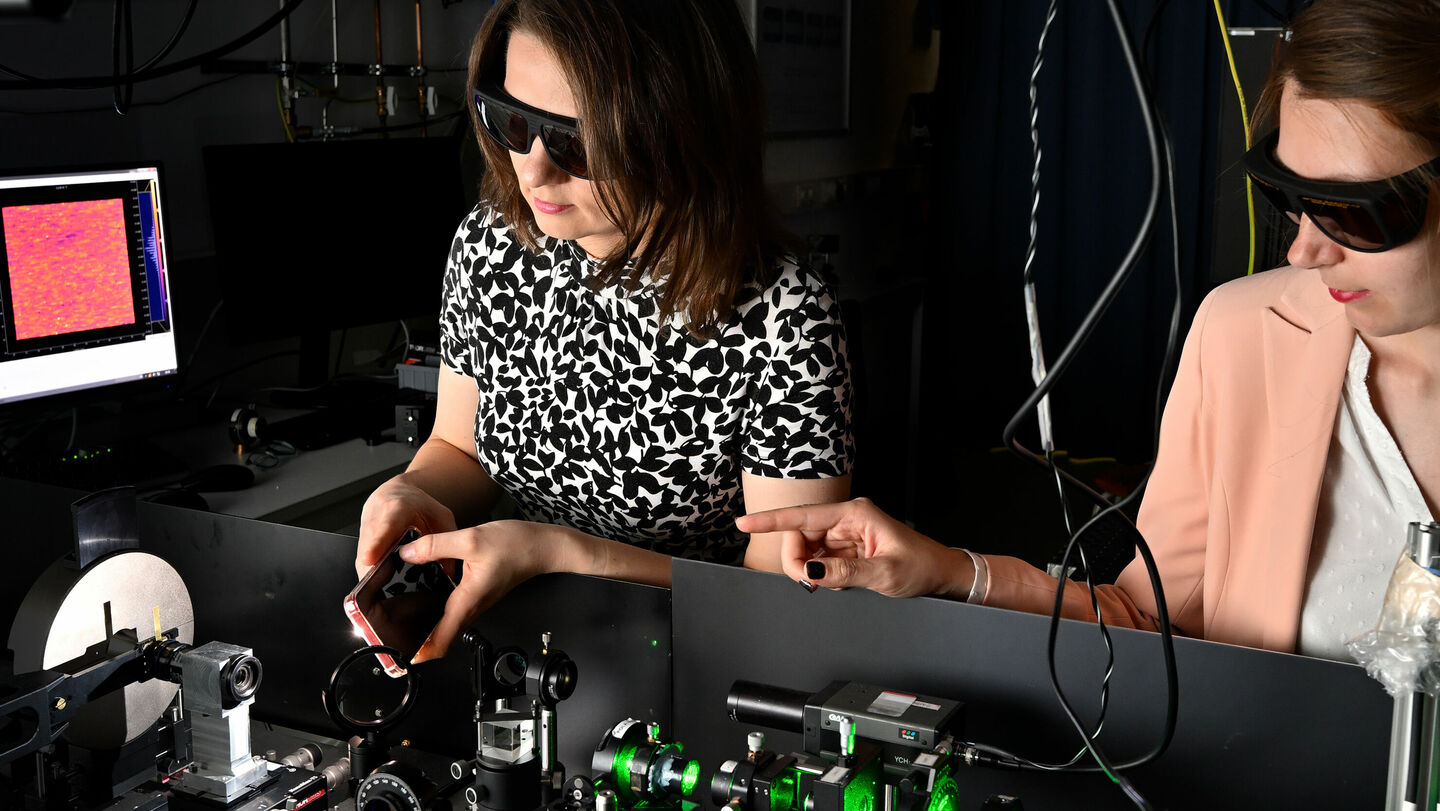
“Netherlands at risk of becoming administrative country”
New law aims to protect knowledge, but brings high costs and extra bureaucracy
Minister Bruins’ legislative proposal to make universities responsible for reporting which information is sensitive and for screening staff and students in the corresponding fields hasn’t met with a favorable response at TU/e. The university fears it will result in a lot of red tape.
While the government is cutting back on higher education and science, universities are being given extra tasks. In two years’ time, both foreign and Dutch students and researchers who want to work in sensitive fields will have to be screened in advance for risks related to knowledge espionage.
The screening was initiated as early as 2022 by the previous Minister of Education, Culture and Science, Robbert Dijkgraaf, and Minister Bruins has now fleshed out the plans. He estimates that some eight thousand researchers and master’s students nationwide will have to go through the knowledge security screening each year because of their interest in subjects such as quantum cryptography, generative AI, and radar technology. Institutions must monitor the sensitive fields they engage in. This will hit universities of technology harder than other institutions.
TU/e Vice President Patrick Groothuis understands that current world politics demands caution. “International collaboration and open knowledge exchange are the backbone of scientific progress. In the current geopolitical context, however, we understand all too well that this openness also entails risks. It’s therefore very important to strike a balance between open academic freedom and the closedness that’s needed for our security.”
Pitfalls
“Unfortunately, there’s a risk that with the current legislative proposal, red tape will mean that scientists will have to wait too long before they can start their work at a Dutch university, and that they’ll choose another option as a result,” says Groothuis. “There’s also the risk of an uneven playing field, with Dutch institutions rejecting researchers who are accepted elsewhere in Europe. In the long term, this could affect the innovative strength of the Netherlands, and we could go from being an innovative country to an administrative one.”
The screening itself will be conducted by Justis. What TU/e will be requested to do is identify the exact organizational components that work with sensitive knowledge. The people who come into contact with this knowledge must then be screened. Stefan Vermaat is Manager of Knowledge Security at TU/e. He sees another challenge: “The legislative proposal states that sensitive technology must be separated from the rest of the university, which could mean, for example, that such research can only take place within a secure environment with separate or extra secure IT systems. We will need the two years of implementation time to organize this properly.”
Who will foot the bill?
The screening will cost universities millions, fears Caspar van den Berg, chair of umbrella organization Universities of the Netherlands. The screening will be free for the knowledge institutions and the candidates themselves, but the peripheral issues will cost money of course. The ministry thinks this will amount to around 8.1 million euros per year and a one-time investment of 32 million euros. “It’s outrageous that no money will be made available for this,” says Van den Berg in this article.
Vermaat is currently unable to estimate the exact impact of the screening act on TU/e. “Once there’s more clarity on this, we can look at the extent to which additional funding will be needed. What is clear, however, that this will at the very least create an additional administrative burden for TU/e and that it will take longer for staff to be able to start working at the components of the university that are classified as sensitive.”
Since it’s not yet known which components will be designated as sensitive, there’s also no clarity yet on how many Eindhoven students and researchers will be affected.
Like other universities, TU/e has been working for several years to strengthen its knowledge security, for one thing by taking a critical look at collaborations with high-risk countries that involve sensitive technology, Vermaat says. “The focus of TU/e’s current knowledge security policy is on preventing the unwanted transfer of knowledge now and in the future. No research has been done into whether there have been any specific cases in the past involving knowledge leakage.”

Discussion